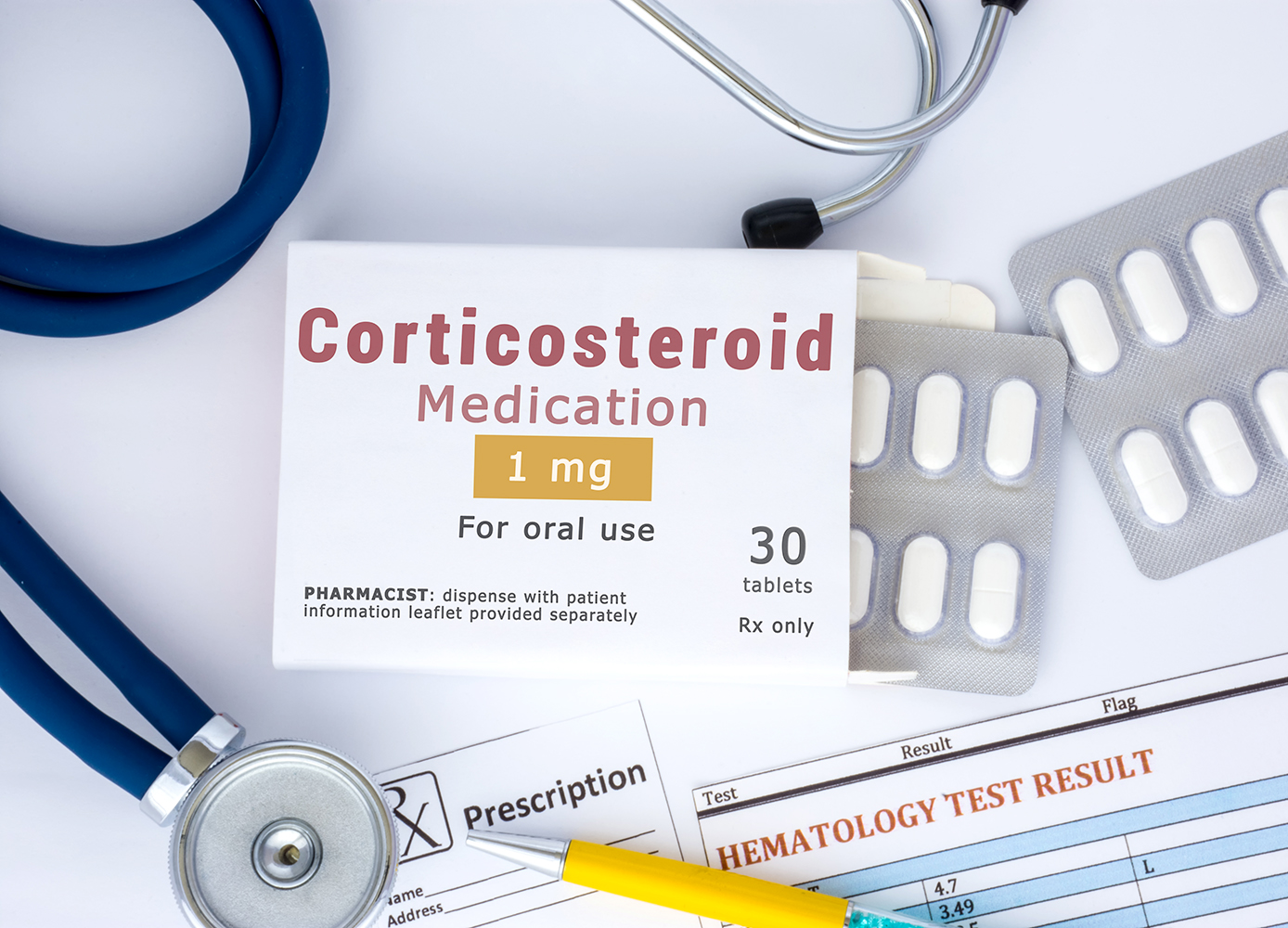A new study confirms that a number of inexpensive steroids can reduce deaths
By Caitlin Finlay
An analysis of seven separate trials has shown that several steroids effectively improve survival rates in severely ill COVID-19 patients. The news constitutes a breakthrough in the fight against the disease because corticosteroids are widely available and inexpensive, and their effects have already been established.
Results of the analysis, led by the World Health Organization (WHO), were published in The Journal of the American Medical Association. The seven trials involved 1,703 hospitalized patients who were critically ill with COVID-19 and required respiratory support. The patients treated with corticosteroids received either hydrocortisone, dexamethasone, or methylprednisolone.
The analysis showed that regardless of age, sex, how long the patients had been sick, and whether they were or weren’t on a ventilator at the start of treatment, the risk for death within the first month was reduced by about one-third for corticosteroid-treated patients compared to patients receiving a placebo treatment or standard care.
Steroid drugs are used to reduce inflammation, a frequent symptom of COVID-19 as the body attempts to fight off the infection. With COVID-19, the immune system can overreact leading to inflammation and respiratory damage. Back in June, the corticosteroid dexamethasone was discovered to reduce deaths by 35% among patients with severe cases of COVID-19 who required ventilation and by 20% for those needing extra oxygen. Since this discovery, dexamethasone has been used to treat severely ill COVID-19 patients.
In light of the new evidence, the WHO on September 2 updated its guidance regarding corticosteroids for COVID-19 and now recommends treating severely or critically ill patients with corticosteroids. Corticosteroid treatment is not currently recommended for non-severe patients as there haven’t yet been any benefits proved and the treatment may cause harm.
Anthony Gordon, an Imperial College London professor who worked on the analysis, told CBC News: “Impressive as these results are, this is not a cure. We now have something that will help, but it is not a cure, so it’s vital that we keep up all the prevention strategies.”
Photo: iStock/Shidlovski.






